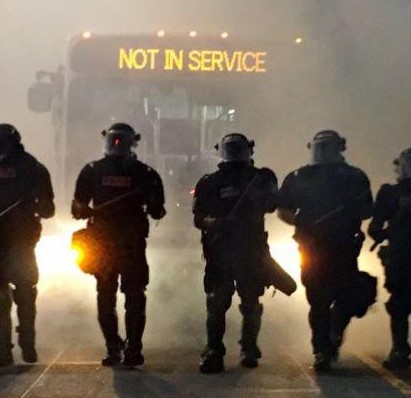We live in a world where information is abundant. But in our search for truth we must be careful. Without carefully curating the quality and rigor of information we receive, its likely that we're only consuming information that appeals to our preconceived worldview, our social identity, or our subconscious biases.
Gregg Favre is the Deputy Director and Chief of Operations for the Missouri Department of Public Safety. In this podcast he discusses his research on anti-intellectualism, denialism and apathy and their potential effects on the construction and execution of homeland security policy. Using three examples from current headlines, Gregg shows the manifestation of this current problem. His findings indicate that anti-intellectualism impacts the highest levels of the political, media, and security processes and, as such, requires practitioners to acknowledge and address its influence. Finally, he argues that widespread ignorance of objective reality poses a threat to the democratic process and that, in the intricate and dynamic matters of our nation’s security, there is an ethical imperative for “reason” and factual discussion to rule the policy process.

Why does the click-through rate on threatening headlines far exceed those that are more benign? Calling something a threat through a provocative headline or...

Reports of police use of excessive force appear weekly in the media and have generated outrage in many communities. Officers actions are currently judged...

COVID19 has swept the globe in little more than 3 months. Health officials have enacted quarantine orders to reduce the disease’s spread but who...